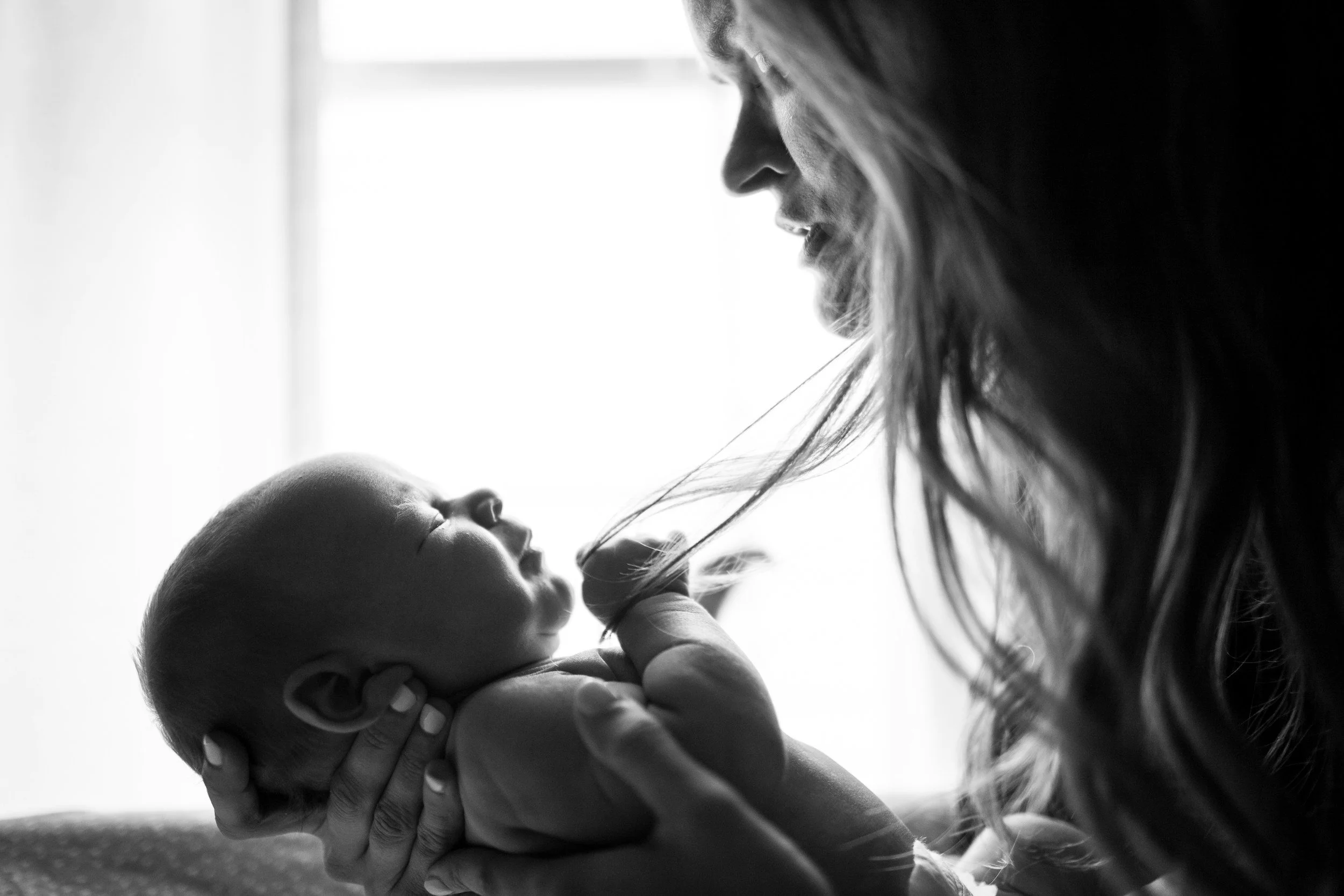Welcoming a new baby is both joyful and exhausting! Between night feeds, unrelenting to‑do lists, emotional shifts and the subtle pressure to “get back to normal” so quickly, it’s common for new parents to find themselves feeling depleted, overwhelmed or disconnected. Post‑natal burnout isn’t a flaw, it’s a signal that the body, mind and heart need gentle nourishment, not an indictment of your capacity. Here’s a compassionate, practical guide to help you rediscover balance, restore energy and reclaim your sense of self.
1. Listen to your body and honour your needs
Burnout often creeps in when we ignore or override our limits. If you’re feeling chronically exhausted, emotionally flat, tense, or tearful, pause and listen. These feelings matter-they’re your body’s way of saying “I need care, too”.
- Allow yourself to rest in short bursts, even 10 minutes of uninterrupted peace (think lying down, a brief walk outside, or simply a pause without demands) can ripple into tangible relief.
- Say “not today” to anything that isn’t truly essential. Let someone else choose or cook dinner, delay a task, or simply abridge your to‑do list.
2. Build small rituals of calm - think “micro‑breaks”
Gaps between caring for your baby can be fleeting - yet they offer rich opportunities:
- Sip your tea or water slowly, noticing warmth or taste.
- Breathe: take three slow, full breaths with your hand on your heart- safe in that pause.
- Place your hand over your belly and take a moment to sense how your body feels right now.
Though small, these intentional breaks refill emotional reserves and help regulate stress - like little anchors in a day that often feels adrift.
3. Connect with others - compassionately and realistically
When energy is low, socialising can feel impossible. But connection matters, particularly with safe, understanding people.
- Try brief check‑ins: a text, voice note or photo to a friend who “gets it” can mean more than an outing.
- If local support groups (even online) are available, they can validate what you’re experiencing. Hearing “Oh, I feel that too” (without judgement) can be deeply healing.
- Let others see your truth: if someone asks “How are you?” it may feel easier to say “Exhausted today.” That vulnerability invites support, empathy and freedom from pretending.
4. Reframe “self‑care” to gentle self‑compassion
We often think self‑care is about bubble baths or spa days -luxurious but unrealistic when you’re up at 3 a.m. Instead, step into a softer, more forgiving view:
- Self‑compassion means treating yourself as you would a dear friend. When you notice a critical thought (“I should be doing more…”), answer it with “You’re doing everything you can right now, and that’s enough.”
- Consider a short daily affirmation, something like: “I’m doing my best. My baby is loved. I’m not alone.”
- Small gestures count: savour a few moments of sunshine on your face, hum a lullaby alongside your little one, or pause to note something your baby does that touches your heart.
These moments collectively become a buffer, softening, steadying and restoring you from the inside.
5. Lighten load with practical supports
Burnout isn’t only emotional, it’s logistical. Sometimes the biggest relief lies in shifting tasks:
- If you can, invite help -friends, family, neighbours, your partner. Ask for specific things: “Could you bring a quick meal?” or “Will you stay with the baby while I nap?”
- Explore community resources - new parents groups, free baby massage classes, drop‑in clinics. Even menus or laundry pick‑up services can offer a meaningful break.
- Consider prioritising: aim to “keep the essential plates spinning.” Laundry can wait. Meals can be simple. Dishes can stay in the sink when sleep is more vital.
6. Seek professional support if overwhelm persists
It’s important to recognise when tiredness and stress feel unmanageable or begin to affect your mood deeply or over days or weeks. If you find yourself struggling with persistent anxiety, near‑constant crying, feeling like “such a terrible mum,” or a sense that nothing gives you joy then reach out for support. Connecting with a therapist or GP is not “failure”; it’s a brave and wise step. Post‑natal burnout can be eased with practical strategies, emotional support and sometimes therapy approaches like CBT or compassion‑focused work can help restore perspective and strength.
In summary
Experiencing post‑natal burnout is not a sign of weakness. It’s an invitation to slow down, seek connection and nurture yourself with the compassion you so freely give others. Begin with small, manageable shifts: pause when you can, speak your truth, open to support from others, and forgive yourself when “normal” feels a long way off. Even one small moment of kindness to yourself each day can be a seed of renewal.
You’re not just caring for a new life, you need care too. With warmth and steady support, you will find your feet again and on the journey, you’re not alone.




